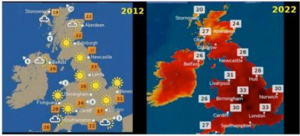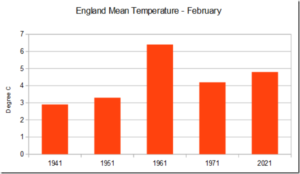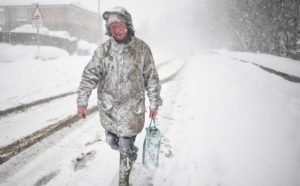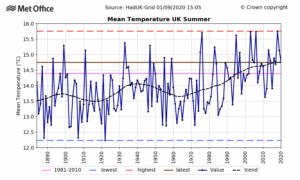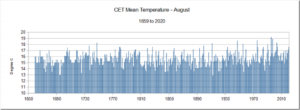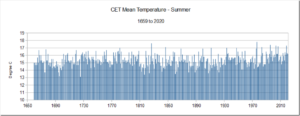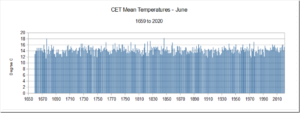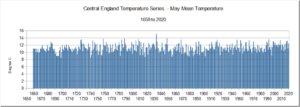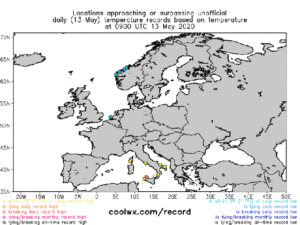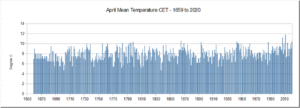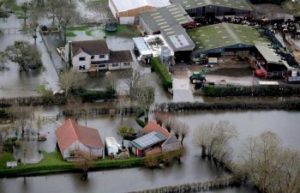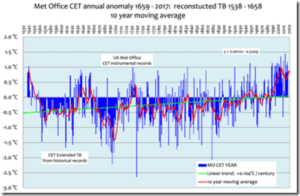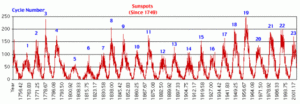by P. Homewood, July 30, 2022 in NotaLotofPeopleKnowThat
So far July 2022 has been the driest July in England since 1911. Up to 26 July there has been only 15.8mm of rain averaged across England; this is only 24% of the amount we would expect in an average July.
At this stage in the month we would expect to have seen well over three-quarters of the month’s rain to have already fallen in an average July.
The situation for the UK is a little better. As it stands, July 2022 is still the eighth driest July since 1836. With only 37.7mm of rain having fallen so far it is the driest July since 1984. Scotland has been closer to average in the north and west, but drier conditions have prevailed for south and east Scotland. Overall Scotland (71%), Wales (39%) and Northern Ireland (43%) have been dry, but the most extreme conditions are in East Anglia and southeast England.
Mark McCarthy, Head of the Met Office National Climate Information Centre, said: “It is not just July that has been dry. Since the start of the year, all months apart from February have been drier than average in the UK too. The result of this is that the winter, spring and summer of 2022 have all seen less than the UK average seasonal rainfall.
“England has seen the lowest levels during these periods and, rainfall totals for the first six months of the year are around 25% below their long-term average, with the driest regions in the east and southeast.
…

